35 Items Every Prepper Should Have When Traveling
Whether you’re taking a short trip or if you plan on being gone for a while, there is something you should think about. Emergencies can happen, even while you’re away from home and the last thing you want to be is stranded without some provisions. There are at least 35 items every prepper should have when traveling.
Having the right items with you can ensure that you survive in an emergency and don’t have to rely on a stranger or go without. While this isn’t an extensive list, I do think it’s 35 of the most important items you could possibly need when you’re traveling! Most of these items apply to a trip in your vehicle and not air travel, although some could apply there too.
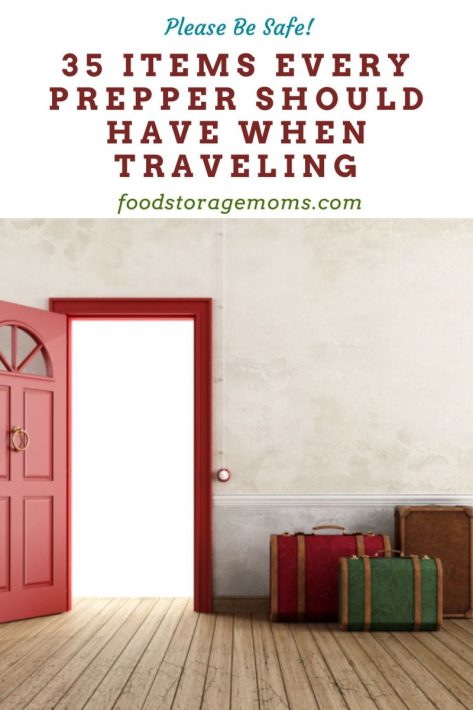
Items Every Prepper Should Have When Traveling
Some of these items you probably already have, you just need to make sure you bring them with you when you’re traveling. You don’t have to bring your whole emergency supply kit, but having 1-2 each of these items when traveling is a good idea! You. may not have room for everything, but at least consider bringing the smaller items, so you have something on hand in case of an emergency.
Most of my readers are acquainted with the various “kits” I’ve recommended over the years. Emergency kits apply to home, office, camping, and other situations you may find yourself in. Some people would call them a survival kit where you have true survival items readily at your disposal. One kit I’ve emphasized over and over is an emergency car kit. Check out my archive and see how I’ve addressed that issue, it will be worth your time.
We all know several of these items would not be allowed on an airplane so plan accordingly.
1. Water filter
A portable water filter like a LifeStraw or Sawyer Mini ensures access to clean drinking water in any situation.
2. Emergency food
Non-perishable, high-calorie food items such as energy bars, canned goods, and freeze-dried meals provide sustenance during emergencies. The canned goods could include veggies like beans, corn, peanut butter, and meat products. It can also include a variety of meats like tuna, chicken, beef, and pork.
Don’t forget to bring along some eating utensils and a manual can opener. Having your own food onboard means you’re not relying on others if you get stuck in a traffic jam, a flooded and closed road, or other traumatic circumstances. These non-perishable items have a long shelf life which is handy since you don’t have to replace them very often if not immediately used.
3. First aid kit
A comprehensive first aid kit should include bandages, gauze, antiseptic wipes, pain relievers, and any necessary prescription medications. One of the most important items every prepper should have when traveling. These emergency items have a shelf life that makes it possible to store them for an extended period.
4. Multi-tool
A versatile multi-tool like a Leatherman includes pliers, a knife, screwdrivers, and other essential tools for various tasks and usually comes in a small pouch. A backup item would be a Swiss Army Knife that includes a bunch of small tools. Either one can be carried in your pocket or hung from your belt if you have to leave the vehicle for any reason.
5. Fire Starters
These can include waterproof matches, a lighter, or a firestarter rod that helps start fires for warmth, cooking, and signaling.
6. Flashlight
A durable, waterproof flashlight with extra batteries provides illumination in dark or low-light situations. Having a headlamp is also a great idea since your hands and arms may be full carrying other needed items if you leave your vehicle. Not all emergencies happen during the day, so having a light source available is critical. While on the road it’s much like living off the grid at home, you need other sources of light to help stay safe.
7. Emergency whistle
A loud, high-pitched whistle is useful for signaling for help and alerting others to your presence.
8. Navigation tools
A compass, topographical maps, and a GPS device ensure you can find your way even when cell service is unavailable.
9. Paracord
A strong, lightweight cord has countless uses, including tying down tarps, securing gear, and making rescue lines.
10. Tarp or emergency blanket
These lightweight, weather-resistant materials can be used as a makeshift shelter, tents, ground cover, or to retain body heat. 6 Reasons To Store Blankets For Any Emergency
11. Insect repellent
Protect yourself from mosquito and tick bites with insect repellent containing DEET or picaridin.45 Uses for Dawn Dish Soap
Zanfel for Poison Ivy.
12. Portable solar charger
Keep electronic devices charged with a compact, lightweight solar charger. Another one of the most important items every prepper should have when traveling!
13. Extra clothing
Pack additional layers, including moisture-wicking shirts, pants, socks, and a waterproof jacket. Best Time to Buy Children’s Clothing
14. Hat
A wide-brimmed hat helps protect against sun exposure, while a warm beanie provides insulation in colder temperatures.
15. Sunglasses
Protect your eyes from harmful UV rays and glare with a quality pair of sunglasses.
16. Duct tape
This versatile adhesive can patch holes, secure gear, or even serve as an emergency bandage in a pinch. Duct Tape: Why You Need to Store It
17. Cash
Have a stash of small bills and coins for use in emergencies when electronic transactions may not be possible. Cash Stash: Standby for Emergencies
18. Personal documents
Carry copies of important documents, such as ID, passport, insurance policies, and emergency contacts, in a waterproof container.
19. Hand sanitizer
Maintain proper hygiene and prevent the spread of germs with alcohol-based hand sanitizer. Why You Should Make Your Own Hand Sanitizer + DIY Recipe
20. Face masks
Pack a supply of reusable or disposable face masks to protect yourself and others from airborne pathogens. The Pros and Cons of Wearing a Mask Long Term
21. Gloves
A sturdy pair of work gloves protect hands during manual tasks, while insulated gloves keep hands warm in cold conditions. 125 Preparedness Items You Need To Stock
22. Emergency radio
A battery-operated or hand-crank radio provides access to weather alerts and emergency broadcasts. 22 Basic Prepper Items You Need
23. Signal mirror
A reflective mirror is an effective signaling tool for rescue teams or other travelers in the area.
24. Knife
A fixed-blade or folding knife is a versatile tool for cutting, food preparation, and self-defense weapon. Invaluable Tools Necessary for Transporting Emergency Supplies Every prepper should have their favorite survival knife. It can have a serrated edge for cutting material or small branches, be folded for safety reasons, and come in a scabbard cover to carry the knife safely from place to place.
25. Fishing kit
A compact fishing kit with hooks and lures, fishing lines, and sinkers can provide a source of food in survival situations. Beginners Guide to Fishing: 6 Amazing Tips and Tricks
26. Notepad and pen
Record important information, leave messages, or plan routes with a waterproof notepad and pen.
27. Binoculars
Compact binoculars help with navigation, wildlife observation, and identifying potential threats from a distance. Building A Get-Home Bag
28. Sewing kit
A small sewing kit with needles, thread, and safety pins allows for clothing and gear repairs on the go. Basic Sewing Machine Supplies For Beginners
29. Waterproof bags
Keep clothing, food, and electronics dry with waterproof storage bags or a backpack cover. How To Tag 72-Hour Bug Out Bags For Survival
30. Personal hygiene items
Pack travel-sized toiletries, such as toothpaste, soap, and toilet paper, to maintain cleanliness during your journey. Family Cloth-How To Make Reusable Toilet Paper For Survival These are inexpensive items you’ll be glad you have in any emergency situation.
31. Portable stove
A lightweight, compact camping stove allows for cooking and boiling water in the absence of an open fire. How To Make A Portable Kitchen You’ll need a small pan, griddle, or cooking pot once you can get a fire started.
32. Sleeping bag
A durable, weather-appropriate sleeping bag ensures a comfortable night’s rest in various conditions. What You Need in a Stay-At-Home Bag
33. Collapsible water container
A foldable, reusable container helps store and transport water, making hydration more accessible. The Best Water Storage Containers
34. Trekking poles
These adjustable poles improve stability and reduce strain on joints while traversing rough terrain or carrying heavy loads. Also may come in handy to build a temporary shelter.
35. Quick-dry towel
A compact, fast-drying microfiber towel is useful for personal hygiene, cleaning gear, or as a makeshift bandage.
What is the difference between a prepper and a survivalist?
While both preppers and survivalists share a common goal of being prepared for emergencies or disasters, their approaches and philosophies can differ. Difference Between a Prepper and a Survivalist Neither approach is necessarily better, but maybe a combination of the two could make you feel more comfortable and confident as emergencies come into play.
- Prepper: A prepper is someone who actively prepares for potential emergencies by stockpiling supplies, learning essential skills, and developing plans for various situations. Their focus is generally on self-sufficiency and ensuring the well-being of themselves and their families in the event of a crisis. Preppers often concentrate on short-term to long-term scenarios, ranging from natural disasters to economic collapse or even pandemics.
- Survivalist: Survivalists, on the other hand, place a greater emphasis on wilderness survival skills and the ability to adapt to any environment with minimal resources. They are more focused on honing their abilities to live off the land, find food and water, build shelters, and navigate harsh conditions.
More Tips to Check Out
Final Word
These 35 items are items every prepper should consider having when traveling. Take a look at this list before you travel and see what you’re able to bring with you. Keep in mind that it’s good to not HAVE to use the items, but it’s great if you have the items and you need them! Have you ever been in a situation while traveling where you needed any of these items? I hope this list is helpful to you on your travel journey this summer and throughout the year! May God Bless this world, Linda
Copyright Images: Suitcases Vintage Travel Bags Depositphotos_41600125_S

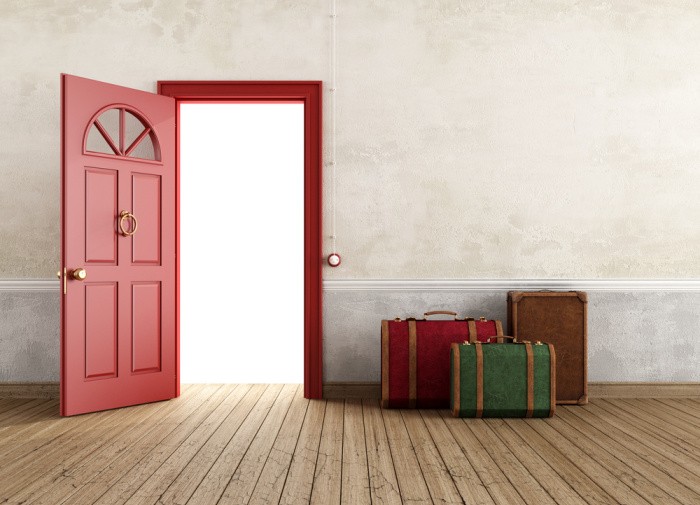

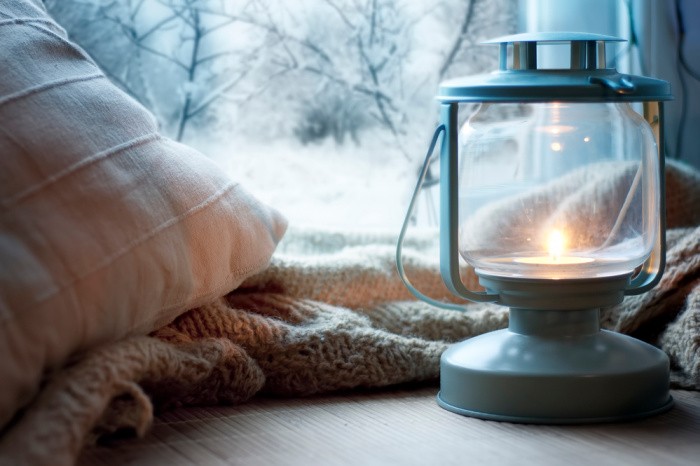
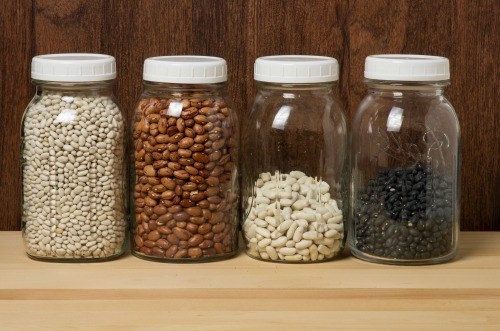
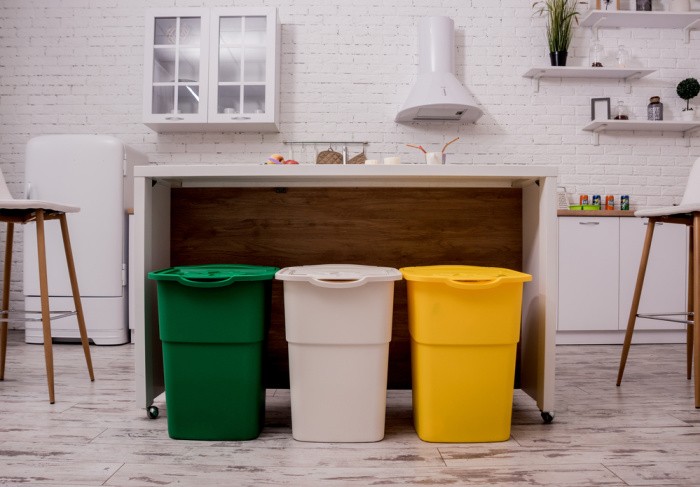
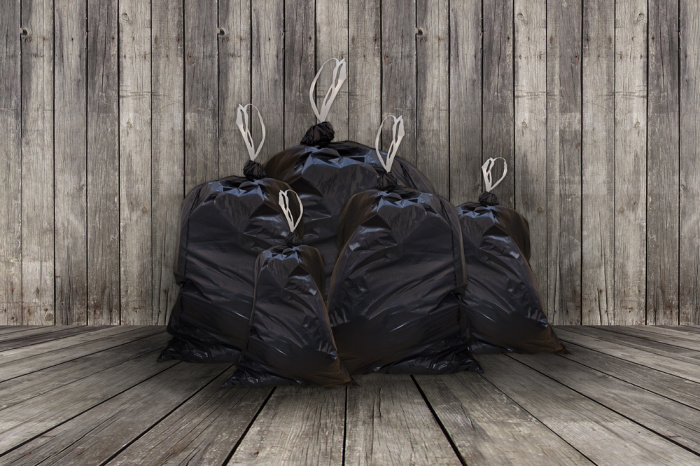

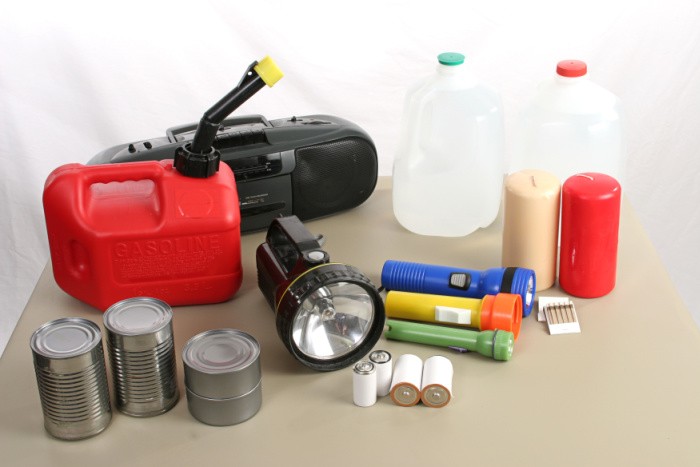


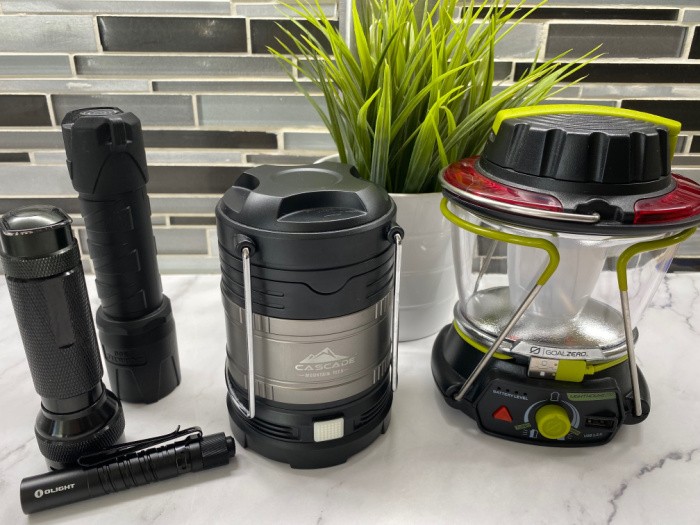
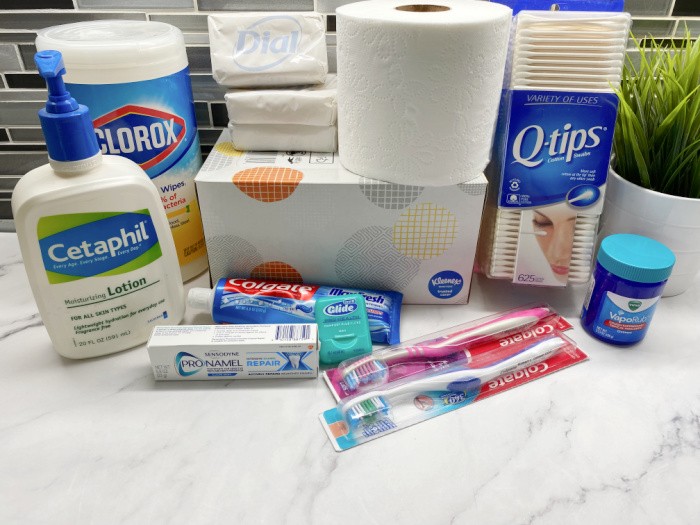
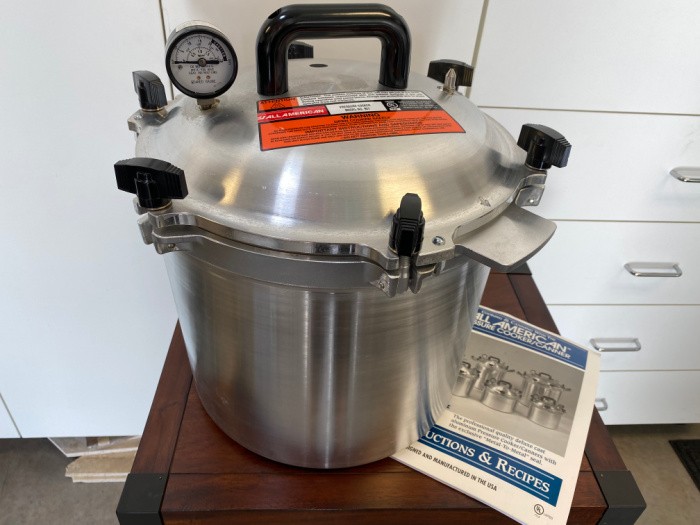
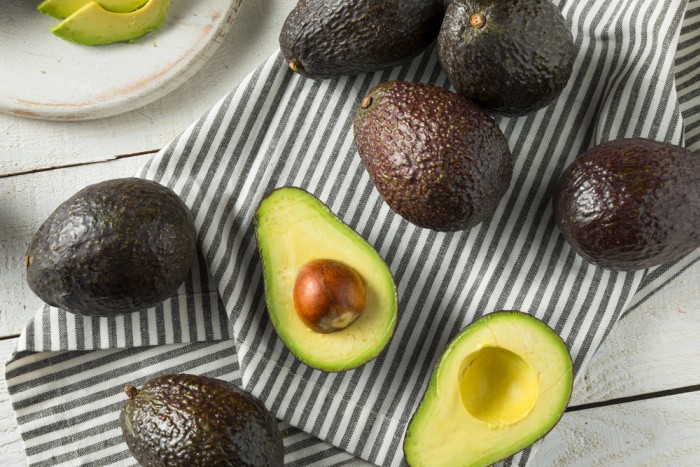


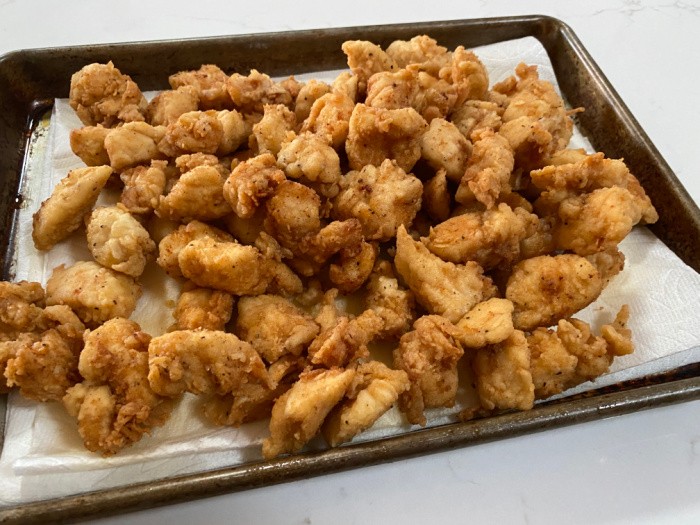
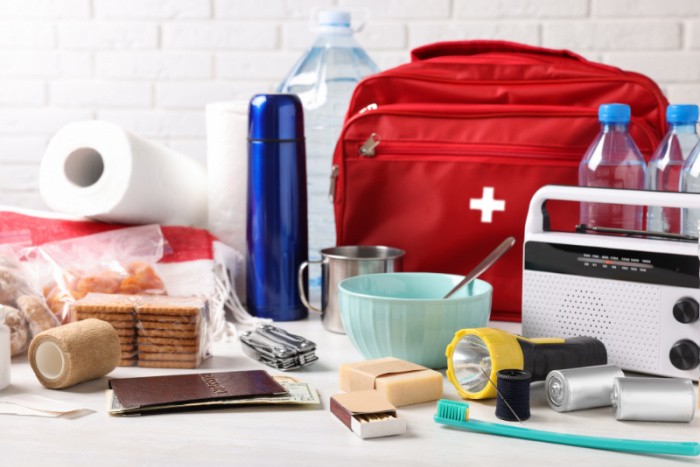
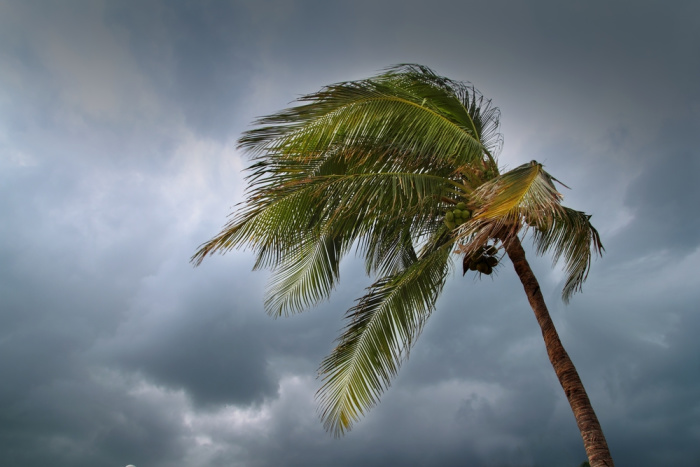
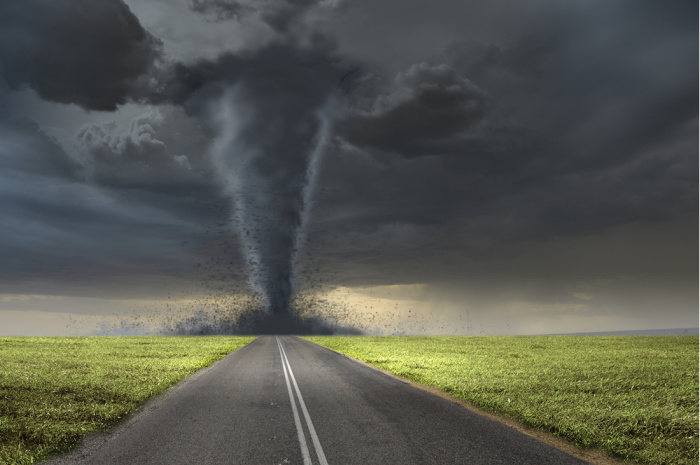

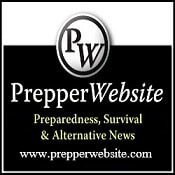
Linda can’t say it but I can. You need protection as in the best you can legally carry. I have carry insurance as well and the company, US Law Shield, provides education on what’s legal from state to state as do many others in the manner of carry and what.
Outside of CONUS you are very very limited.
I’m at a RV campground right now with a group at a place that has bear and people(2 known threats) and most have nothing with them. One told me “I went back in to get it twice when we loaded up and yes I know I should have it on me because I’m just playing roulette”. At 80 yrs old his options of fight and flight seem pretty limited so……
HI Matt, oh I love to hearing you are camping in your RV, there is nothing better in the world than camping! Of course, there is, but you know what I am saying. It’s interesting we used to have trailers and an RV and we never carried. I was worried the entire time (the people threat). Mark and I argue on this aspect. I’m the prepper in this family of two. You and I have talked about this, but people need to know even me as the prepper in the family, things are not always the way I want them. Yes, I carry. Linda
Great article Linda, as usual. Would like your permission to use this for my next preparedness class.
HI Judy, you can use anything on my site to teach the world, that’s how I roll. Good job, my friend, Linda
Thank you, just making sure, some get offensive if they aren’t asked.
Hi Judy, wow, that’s really too bad, you are trying to help others!! You go girl! Linda
Thank you.
Linda,
Of course Matt is right about carrying protection, but I’d also add having Zanfel at the ready. Poison Ivy is no laughing matter. It can spoil any outdoor adventure.
Hi Ray, wow, I haven’t heard of that, thank you, I will add it right now. Thank you! Linda
Linda, I would have killed for Zanfel when I was a kid. It actually neutralizes the toxins from poison ivy, oak and sumac. Great stuff.
Hi Ray, I’m glad you told me about it, I added it to the post. I can’t imagine the pain from poison ivy!! Linda
You have a lot of things on that list. I never realized that you needed that much just to go shopping. Thankfully New Mexico is a state where you are able to Hidden carry. We always have a hidden pistol in the car when we go anywhere. My husband told me he isn’t going to let a snot nosed brat try to hurt his wife.
Hi Jackie, it’s just a suggested list of items you MAY want to take with you. You hubby loves you!! Watch for a snot nosed brat, now i have the giggles! Linda